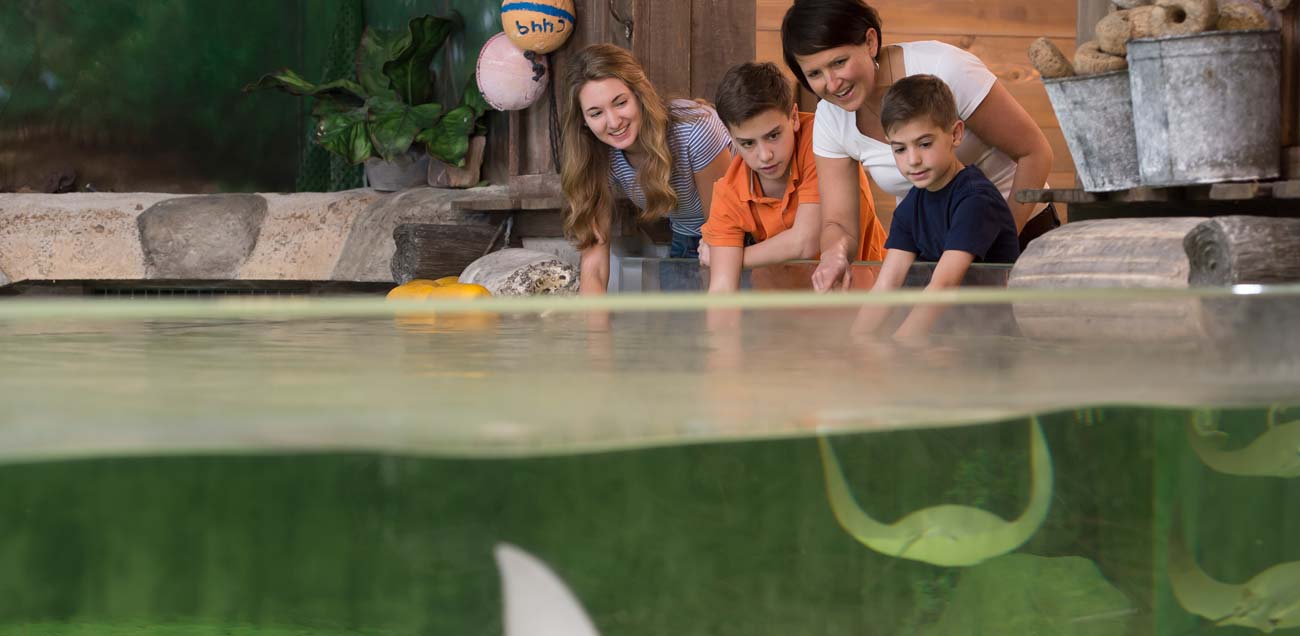Thousands of solutions fill the realm of conservation conversations, but one rises above all the rest: it takes all of us. Across the United States and around the globe, it takes all of us to be the change we want to see. This Black History Month, we come together to celebrate the Black voices in conservation and the contributions that have impacted generations around the world.
Dr. Wangari Maathai: While serving in the National Council of Women of Kenya, Wangari Maathai introduced the idea of planting trees with the people in 1976. The roots of the idea grew into the Green Belt Movement, an organization whose main focus is the planting of trees with women groups to conserve the environment and improve their quality of life. In 2004, Wangari Maathai was the first Black African woman to win the Nobel Peace Prize for her political and environmental activism achievements. Today, The Green Belt Movement continues to thrive, having planted over 51 million trees and counting.
Dr. Robert Bullard: Nicknamed “The Father of Environmental Justice,” Dr. Robert Bullard is an environmentalist and civil rights activist with accolades a mile long. For more than 35 years, Bullard has tirelessly worked on behalf of communities of color who have been victims of environmental racism. In 1987, he gained national spotlight for two landmark studies in which he found that toxic facilities like landfills, chemical plants, and incinerators are more likely to be located in areas based on race and class. Today, he is the founding director of Bullard Center for Environmental and Climate Justice, the co-founder of the HBCU-CBO Gulf Equity Consortium, the HBCU Climate Change Consortium, and co-chair of the National Black Environmental Justice Network. In 2021, President Joe Biden named him to the White House Environmental Justice Advisory Council.
Dr. Adrienne Hollis, JD: Serving as vice president of environmental justice, health, and community revitalization for the National Wildlife Federation’s environmental justice team, Dr. Adrienne Hollis aims to advance climate justice policy and programs every day. Working for the country’s largest private non-profit conversation group, Hollis works on climate justice policy and programs that impact people around the world. Her experience serving on boards and committees, including the Endangered Species Coalition, EPA’s Clean Air Act Advisory Committee and its Board of Scientific Counselors’ Climate Change Subcommittee, provides the well-rounded knowledge she needs not only to lead, but to uplift those most affected by climate change.
George Washington Carver: As one of the most prominent black scientists of the early 20th century, George Washington Carver was an American agricultural scientist and inventor who promoted the growth of alternative crops to cotton and methods to prevent soil depletion. Born into slavery before it was outlawed, Carver left home as a young boy in the pursuit of education at an all-Black school. In 1984, Carver became the first African American to earn a Bachelor of Science degree and went on to earn a Master’s degree in Agricultural Science from Iowa State University. This all led to his famous work at Tuskegee Institute. While there, he taught many things, but his ideas about crop rotation, born through his work in soil chemistry, were most valuable. He even invented a Jessup wagon, a horse-drawn classroom and laboratory, used to demonstrate soil chemistry to farmers. With his idea of crop rotation also came the unexpected surplus of peanuts and other non-products. To ensure no waste, Carver developed over 300 food, industrial, and commercial products from peanuts that are still used today, including milk, Worcestershire sauce, paper, soaps, and cooking oils.

